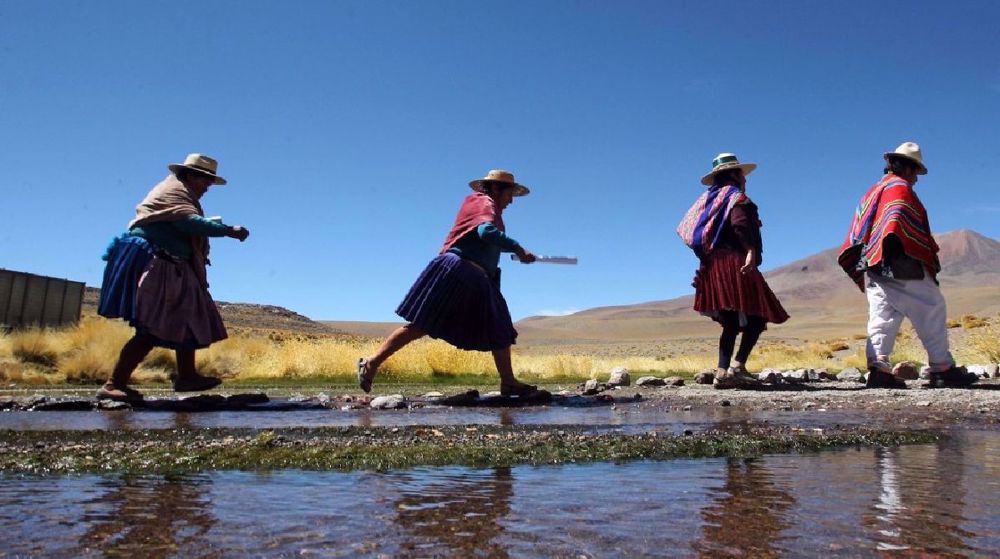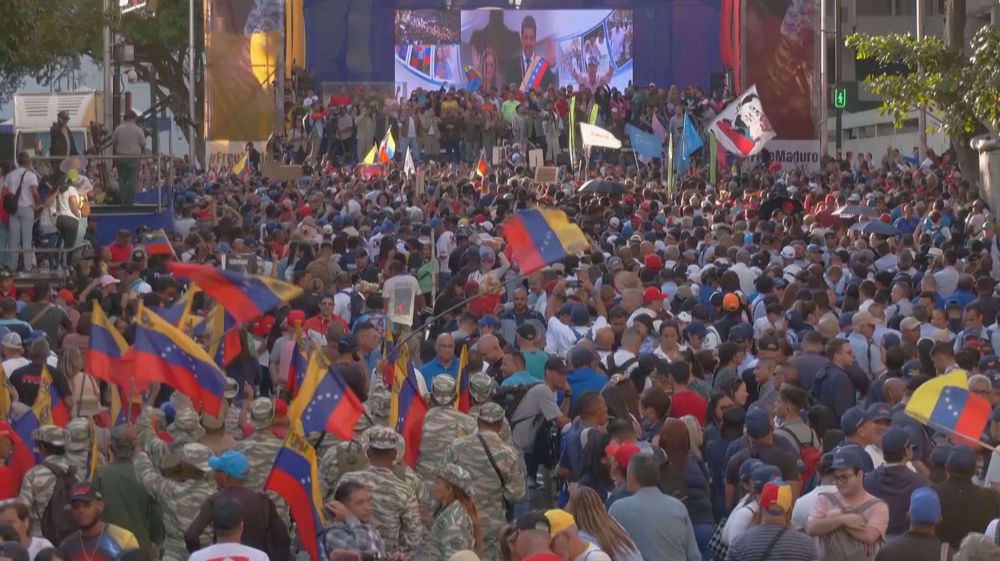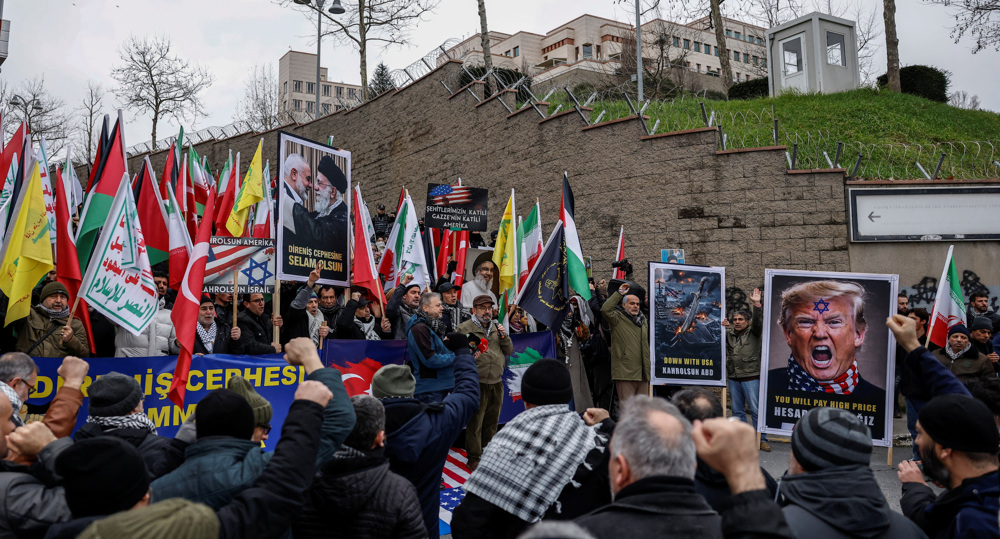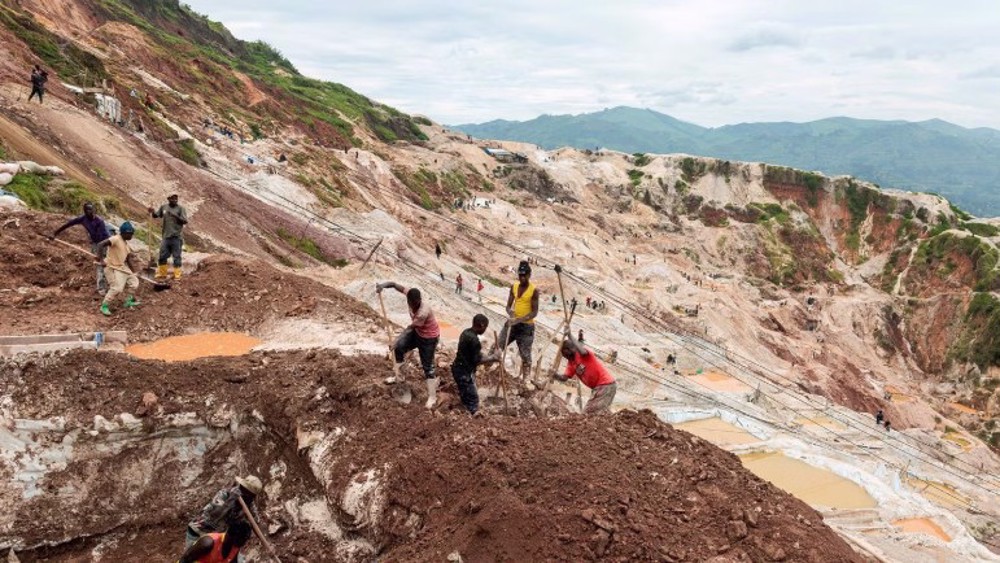Chile to open fight against Bolivia over disputed waters at top UN court
Chile opens a case against Bolivia at the UN's highest court Friday over a river both countries claim rights to, the latest installment of water-related rows between the South American neighbors.
Chile wants the International Court of Justice to declare the Silala river, which flows from Bolivia an "international watercourse", and give it equal rights to its waters.
Santiago claims it has been denied those water rights since 1999.
Back in 2016 it dragged La Paz before the Hague-based ICJ- set up after World War II to rule in disputes between countries.
In a legal game of ping-pong, Bolivia then counter-sued Chile, asking the ICJ to rule that it had "sovereignty... over the artificial flow of Silala waters engineered, enhanced, or produced in its territory," and demanded that Chile pay compensation.
Former Bolivian President Evo Morales also previously sought to use the dispute over the river as a bargaining chip in Bolivia's larger fight to gain access to the Pacific Ocean, which it lost to Chile in a war in the 19th century.
But the ICJ in the year 2018 sank Bolivia's bid for entry to the sea, saying Chile had "no case to answer" as it was "not legally obligated to negotiate such a move".
At the time Morales threatened to reduce the flow of the Silala into Chile's parched Atacama desert and impose fees for its use.
Connections between the neighbors remained frayed.
Chile and Bolivia have had no diplomatic relations since 1978 when Bolivia's last attempt to negotiate a passage to the Pacific broke down in acrimony.
The new hearings, starting at 1300 GMT on Friday at the ICJ's headquarters at the Peace Palace in The Hague, are set to continue into next week.
A final judgment could take years.
Once handed down, ICJ judgments are binding and cannot be appealed.
International expert Gilberto Aranda said he believed there were "well-founded legal reasons" that make Chile's argument "more solid".
"Among other things, Bolivia has changed its argument over time, with Chile's position historically more coherent," Aranda, an academic at the University of Chile told AFP.
He pointed out that the current case, unlike the fight for access to the Pacific Ocean which saw intense lobbying and media campaigns by both sides, was being fought less in the public eye.
"This is being carried out much more along expected international legal channels," Aranda said.
Chile in the year 2000 proposed to formally negotiate the use of the Silala's waters and was willing to pay for it but those discussions stalled when Bolivia raised the price.
(Source: AFP)
Iran FM declares ‘good start’ as US–Iran talks conclude in Muscat
Iran strongly condemns 'terrorist' mosque blast in Islamabad
Iran enters talks backed by national power, popular support: MP
France, UK involved in assassination of Muammar Gaddafi's son: Reports
Shia mosque explosion in Islamabad kills more than 30, injures over 160
Iran defense minister in Azerbaijan to boost security, defense ties
Iran-US talks in Oman focus solely on nuclear issue: Envoy
Ex-PM Olmert admits Israel committing ‘ethnic cleansing’ in West Bank










 This makes it easy to access the Press TV website
This makes it easy to access the Press TV website